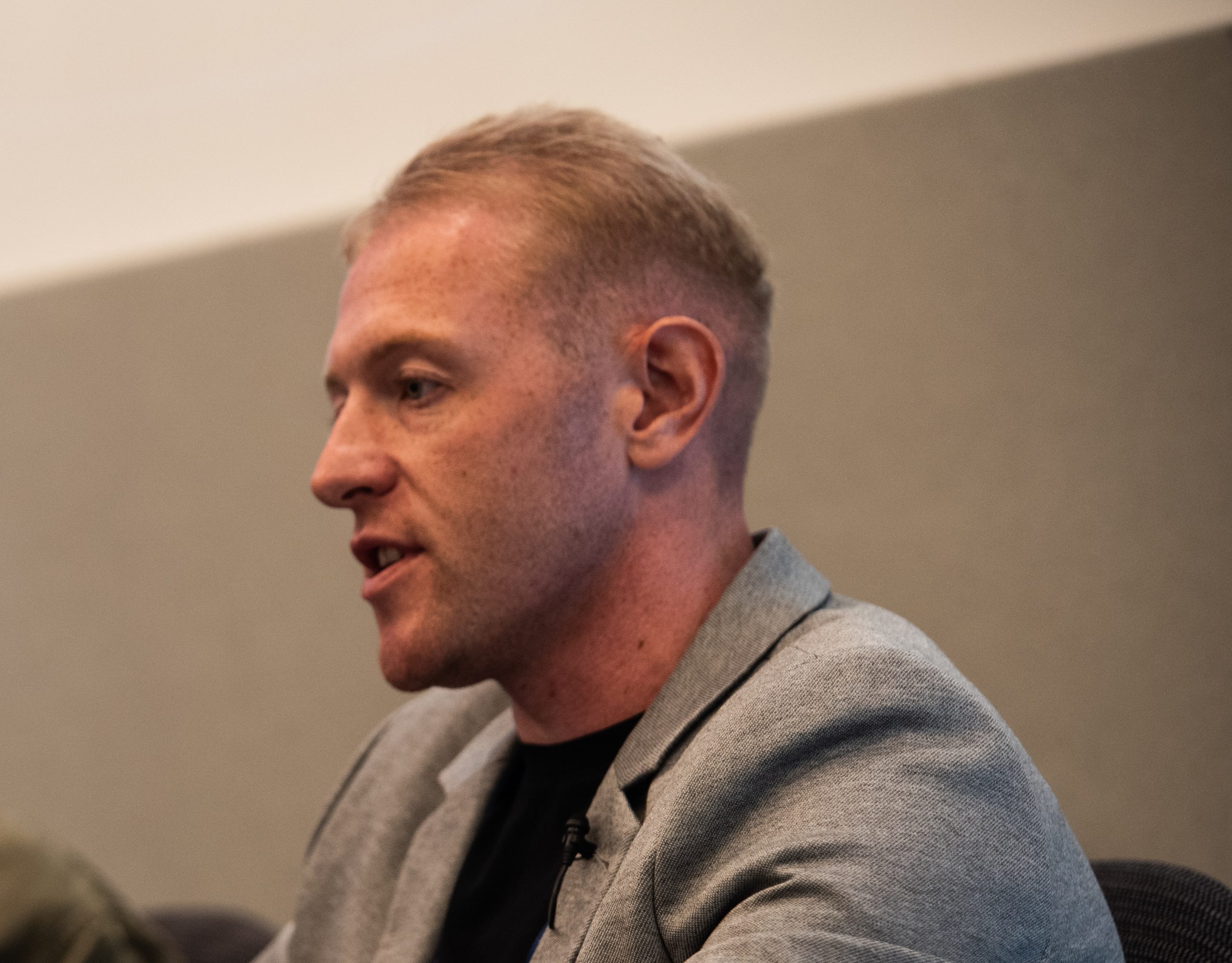Easy Ways to Improve Your Apps
- Thursday, April 28th, 2016
- Share this article:
 James Rosewell, CEO and founder of 51Degrees, offers advice on how to monetise apps and improve their success.
James Rosewell, CEO and founder of 51Degrees, offers advice on how to monetise apps and improve their success.
At the start of the year, mobile topped the list of marketing trends for 2016, making user experience for desktop, mobile and native apps the number one priority. By the year 2020, there are expected to be 6.1bn smartphone users globally, using multiple devices to browse and access mobile apps. Recent findings from Flurry Insights, an app analytics firm, found that the average time spent per day on mobile devices is two hours and 38 minutes, with 80 per cent of this time spent in apps, compared to 20 per cent in a browser.
The need for apps is still debated. However, many businesses value their existence and rely on them for income and reputation maintenance. The ability to effectively monetise an app is an art, and optimising each user’s experience holds the key to success.
To understand an app’s user base, app developers must look beyond the data that can be pulled from a user’s device. There are many intelligent solutions, such as device detection, that will help build a granular picture of customers, devices and behaviour. 51Degrees has recently launched an API for native app detection – a solution that will recognise thousands of device specifications in under a millisecond. Specifications include retail price of the device running the app; physical screen size; pixel density; and the precise specification of integrated components such as GPU, CPU, cores and Bluetooth radio support.
It is crucial that app developers and marketers understand how to interpret advanced data analytics to improve the overall user experience. It will allow apps to increase revenue through improved advertising, personalisation, message consistency and ease of use.
Personalisation
Personalisation can dramatically enhance user experience, and it can only be achieved by understanding an app’s user base. Layout, content and product catalogues can then be tailored accordingly.
Devices have varying specifications and software capabilities that are often ignored by the employment of a ‘one size fits all’ responsive web design mentality, which is not efficient in conjunction with apps. Consistency and brand messaging are key to encourage brand recognition and respect – the same applies for apps as, if done well, apps can nurture a loyal community. A solution must be sought that can effectively personalise all platforms.
Developers and businesses that implement a device detection solution can benefit from granular device intelligence to push new products and reorganise product catalogues. For example, if a user accessed a shopping app via an iPhone 6, the app could push appropriate complementing products such as iPhone 6 cases or compatible speakers.
Aside from product recommendations, device intelligence can be used to remove the all too familiar ‘Flash needs to be installed on device’ error message – just one example of hundreds of software-related constraints. If an app user’s software is not up to date or it cannot view video on the device, developers can tailor the experience to replace the content with an engaging, relevant alternative.
Navigation is another attribute that must be considered. Although the majority of smartphone devices are touchscreen, it must not be assumed that every user that accesses an app can navigate, for example, a large, drop-down, touchscreen menu.
Clunky apps can be detrimental to revenue and user experience. A study carried out by CA Technologies suggests that users will abandon an app and a brand, sometimes forever, if it does not load in less than six seconds. Clearly then, time is of the essence.
Advertising
Advertising is crucial to the monetisation of apps, particularly if they are free to download and access. However, ads can often intrude on user interfaces and impact on page navigation, resulting in users exiting apps prematurely. If advertising affects the usability of an app, it is unlikely a user will continue to use it. App developers need to ensure ads are expertly placed so they are portrayed as a useful recommendation as opposed to an intrusive obstruction.
Ad placement is now more important than ever with Apple and Samsung’s introduction of ad blockers, which represent a significant threat to the advertising industry. By understanding the devices that are accessing an app – their screen size, software capability and price – developers can not only ensure that ads are non-intrusive but that they are also targeted, by making assumptions about the user in relation to their chosen device.
Consistency
In October 2015, Google acknowledged that the tools used to date for mobile optimisation have resulted in the ‘broken mobile web’. In a bid to increase revenue via the mobile web Google introduced Accelerated Mobile Pages (AMP) for publishers. These are a method of mobile optimisation to create multiple web pages for different devices.
AMP, combined with Google’s mobile-friendly search algorithm, means it is now more important than ever to ensure that apps, mobile and desktop sites are optimised for all devices and remain consistent across all platforms. This can be achieved by implementing a solution such as device detection to streamline content and advertising where necessary, optimise brand messaging on all devices, and improve revenue-attributing features. If all platforms are in tune, brands can improve reputation and become a leader in their space.
Apps continue to be a dominant form of digital interaction. Regardless of business type, an app can help find and retain customers. Once an app has been properly optimised, it is far easier to monetise its service; until then it is often a costly luxury. The use of detailed data analytics will help app developers design interfaces that are unaffected by advertising, personalised and consistent with mobile websites. Simple solutions such as device detection – which is available for native apps – can do the leg work, readying apps for maximised revenue and industry success.
James Rosewell is CEO and founder of 51Degrees

















